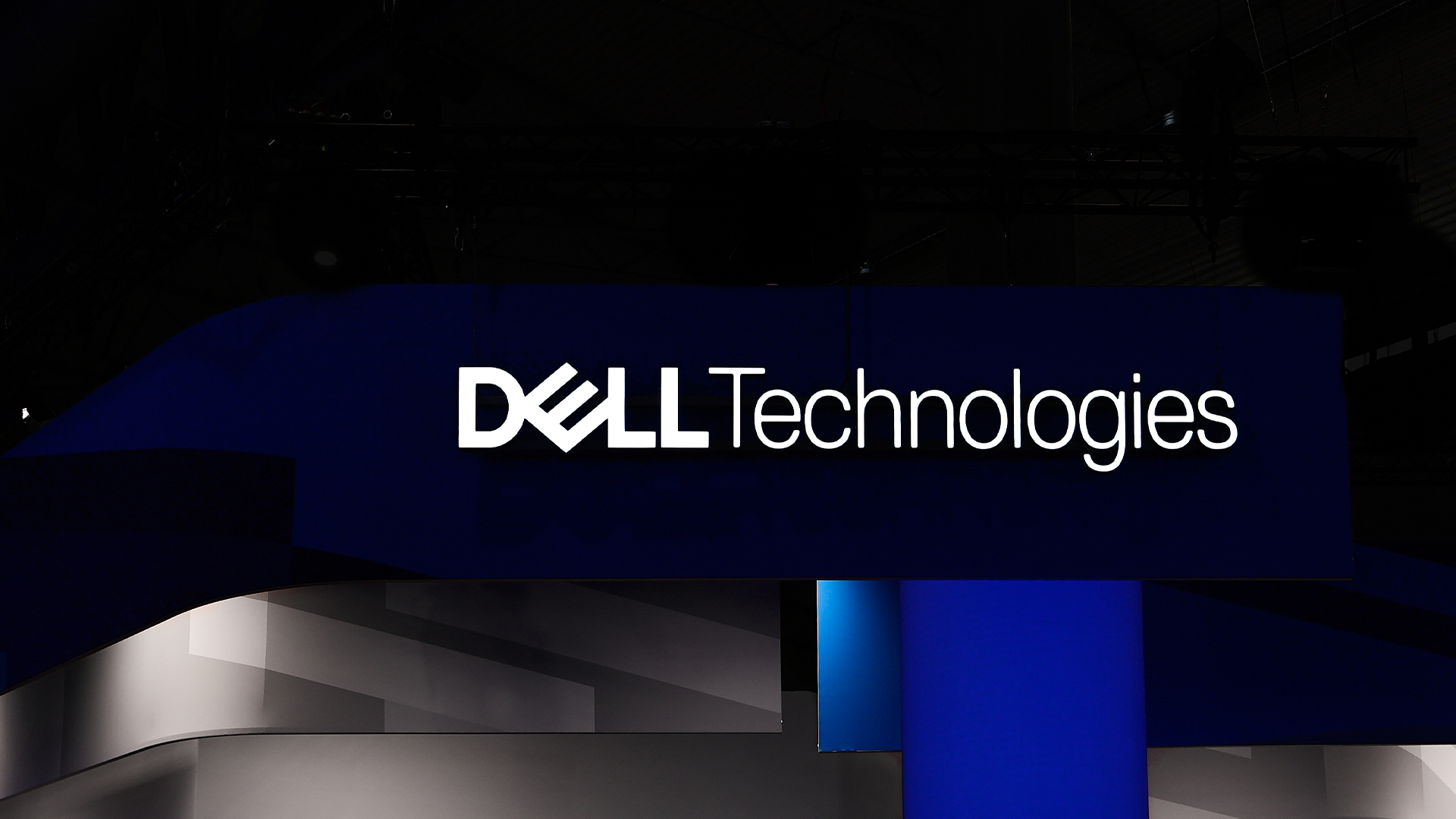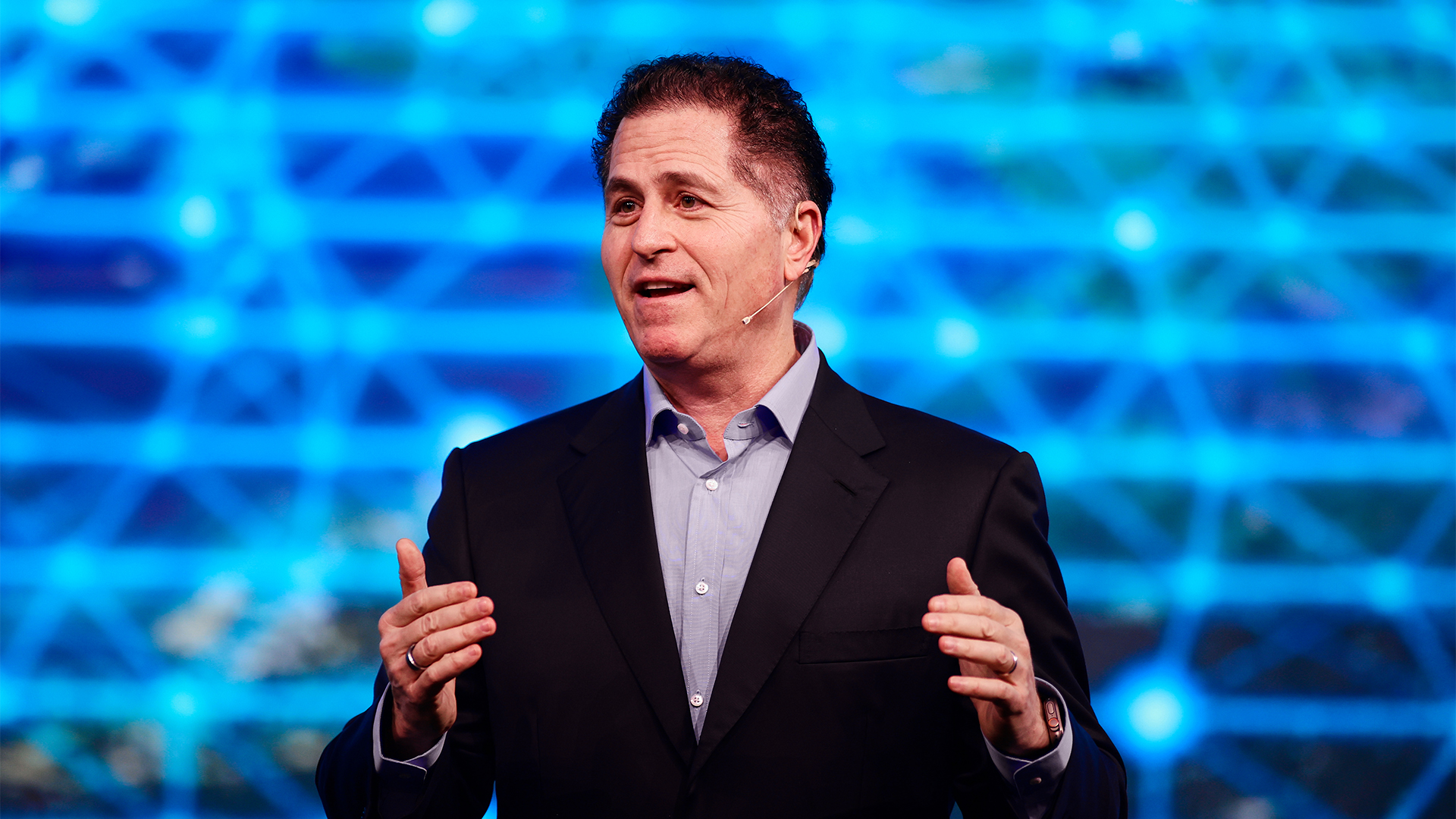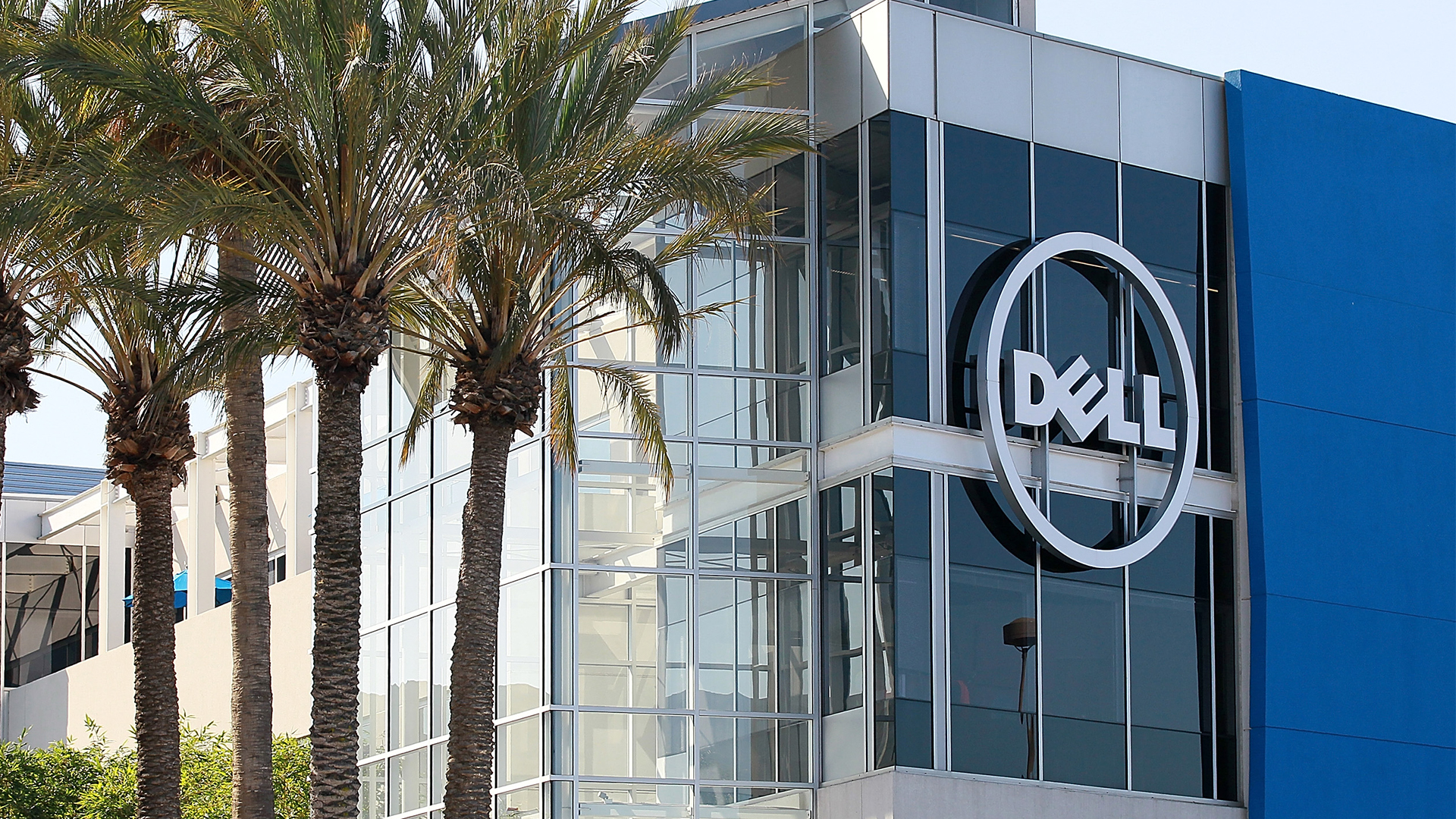Dell declares war on datacentre rivals
Hardware giant sets out strategy to overthrow a certain "two-letter" competitor in the server, storage and networking markets.

Hardware giant Dell is using the promise of better performance to encourage enterprise users to turn their backs on its competitor's products when kitting out their datacentres.
The vendor is focusing its efforts on tweaking its servers, storage and networking products so they work better together than with its rivals' kit.
We want to make sure our customers do what is right for them, rather than follow the buzzword of the day
Speaking to IT Pro, Praveen Asthana, vice president of the Enterprise Systems Group at Dell, said the strategy was designed to usurp its rivals in the datacentre, but not lock them out completely.
"We have a very good business in Ethernet SANs and iSCSI SANS and we also sell networking switches, which we have engineered so they perform better when they are hooked up to an EqualLogic SAN, for example," said Asthana.
"Dell plus Dell is better than Dell plus HP, but Dell plus HP will still work because we are going to ensure there is still a fundamental interoperability there."
He said the strategy should help the firm capitalise on the sales momentum in servers, storage and networking it built up over the previous quarter.
Get the ITPro daily newsletter
Sign up today and you will receive a free copy of our Future Focus 2025 report - the leading guidance on AI, cybersecurity and other IT challenges as per 700+ senior executives
"Dell's enterprise servers, storage and networking business is doing well, compared to some of our competitors who actually declined in those areas," he said.
"We also came out with our 12th generation severs [earlier this year]. We were first to market with those, even though it's based on an Intel chip that is widely available. Our two-letter competitors haven't started shipping yet."
Turing his attention to cloud, Asthana claimed the enterprise is talking about it, but customers are still investing the majority of their money in on-premise products.
"For small customers that don't have a lot of legacy, it makes sense to pretty much go to the cloud. But larger customers are not just going to throw away [their infrastructure] because cloud came around," he said.
Instead, he predicts the enterprise will use a mix of private, public and on-premise solutions in the future.
"We just want to make sure our customers do what is right for them, rather than follow the buzzword of the day," he added.
-
 Westcon-Comstor and Vectra AI launch brace of new channel initiatives
Westcon-Comstor and Vectra AI launch brace of new channel initiativesNews Westcon-Comstor and Vectra AI have announced the launch of two new channel growth initiatives focused on the managed security service provider (MSSP) space and AWS Marketplace.
By Daniel Todd Published
-
 Third time lucky? Microsoft finally begins roll-out of controversial Recall feature
Third time lucky? Microsoft finally begins roll-out of controversial Recall featureNews The Windows Recall feature has been plagued by setbacks and backlash from security professionals
By Emma Woollacott Published
-
 Scale of Dell job cuts laid bare as firm sheds 10% of staff in a year
Scale of Dell job cuts laid bare as firm sheds 10% of staff in a yearNews Dell Technologies’ workforce has reduced significantly in recent years, figures show, with headcount at the tech giant dropping by 10% in 2025 alone.
By Nicole Kobie Published
-
 Dell Technologies just revamped its Partner Program for 2025 – here's what to expect
Dell Technologies just revamped its Partner Program for 2025 – here's what to expectNews Dell Technologies has unveiled its revamped Partner Program for 2025, offering a range of new incentives for partners.
By Emma Woollacott Published
-
 'Nothing is faster than the speed of human interaction': Dell orders staff back into the office as the company shakes up hybrid working practices
'Nothing is faster than the speed of human interaction': Dell orders staff back into the office as the company shakes up hybrid working practicesNews Dell Technologies has ordered staff to return to the office five days a week, according to reports, with some exceptions allowed for staff located too far from physical office sites.
By Emma Woollacott Published
-
 Meta layoffs hit staff at WhatsApp, Instagram, and Reality Labs divisions
Meta layoffs hit staff at WhatsApp, Instagram, and Reality Labs divisionsNews The 'year of efficiency' for Mark Zuckerberg continues as Meta layoffs affect staff in key business units
By Ross Kelly Last updated
-
 Business execs just said the quiet part out loud on RTO mandates — A quarter admit forcing staff back into the office was meant to make them quit
Business execs just said the quiet part out loud on RTO mandates — A quarter admit forcing staff back into the office was meant to make them quitNews Companies know staff don't want to go back to the office, and that may be part of their plan with RTO mandates
By Nicole Kobie Last updated
-
 Microsoft tells staff it won’t follow Amazon or Dell on enforcing a return to the office – but there’s a catch
Microsoft tells staff it won’t follow Amazon or Dell on enforcing a return to the office – but there’s a catchNews While other big tech companies are forcing reluctant workforces back into the office, Microsoft isn’t following suit
By George Fitzmaurice Published
-
 Amazon workers aren’t happy with the company’s controversial RTO scheme – and they’re making their voices heard
Amazon workers aren’t happy with the company’s controversial RTO scheme – and they’re making their voices heardNews An internal staff survey at Amazon shows many workers are unhappy about the prospect of a full return to the office
By Ross Kelly Published
-
 Predicts 2024: Sustainability reshapes IT sourcing and procurement
Predicts 2024: Sustainability reshapes IT sourcing and procurementwhitepaper Take the following actions to realize environmental sustainability
By ITPro Published